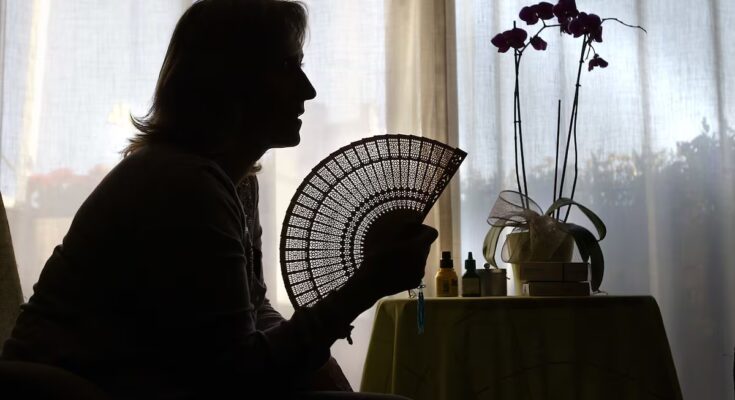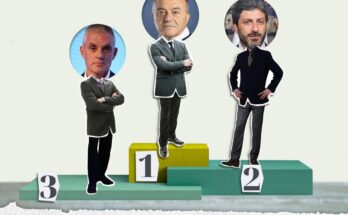I traveled by car reading a short work. The landscape – wheat, horses – has been interpreted as a subplot of that book which seems to be built with leaves, sap, feathers, rain. It was written by the Argentine translator and poet Laura Wittner. It’s titled menopause diary. It is not a book about menopause, but about being alive, sad and happy, about losing enthusiasm, finding it again and losing it again. It talks about chia seeds, the poems of Ada Limón, Rome, estrogen, doubts, how a body transforms into something else as if it had been kidnapped by a foreign body. Wittner does not enter that house from a bitter door but from another side. Don’t complain: slogan. She’s not complaining: take note. It’s not romantic: it’s hyperrealistic. It does not pretend to be luminous but works towards a happy self: the self of the past and, sometimes, the present, although the present is a swing: two bad days, one good, four bad. There is pain, reluctance, crying for no reason, and also work, walks, the ability to make fun of yourself. There are no solutions, there is no hope or despair. There is no brochure. It is the diary of a fall, but not of a fall into defeat but into a new, uncomfortable and mysterious system, told without complacency or conclusions, with anxiety, with a clear intelligence that does not stutter but knows how to say: “I don’t know what’s happening”. At a certain point he quotes a verse by Joaquín Gianuzzi: «And everything that I am not accompanies it». I thought the book could be read in that key: everything that is her body does not accompany her, but she is elsewhere, wrapped in the cocoon of her desire, and the proof of that desire is this book: the proof of her desire to write. It is not a work on menopause, but on what we must remember when we are in the low hours, out of balance, at 20, at 40, at 75: where the magma that nourishes us roars, how to recover it.
What is not named



